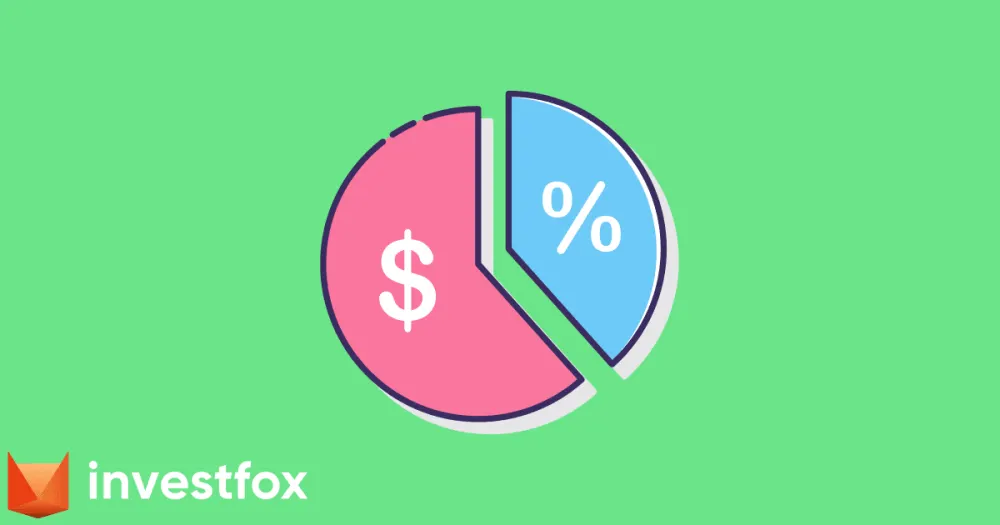Our partner, XM, lets you access a free demo account to apply your knowledge.
No hidden costs, no tricks.

A margin call is a critical concept in the realm of financial trading, particularly in the context of margin accounts.
When an investor trades on margin, they borrow funds from a broker to amplify their buying power. However, this strategy comes with its fair share of risks.
A margin call occurs when the value of the securities in the investor's margin account falls below a predetermined level, known as the maintenance margin. At this point, the broker demands the investor deposit additional funds or securities to bring the account's value back above the maintenance margin.
If the trader fails to meet the margin call requirements, the broker will be forced to liquidate their assets in order to cover for the margin.
Margin calls are a protective mechanism employed by brokers to mitigate the risk of losses and ensure that investors can fulfill their financial obligations in leveraged trading scenarios.
If you are a beginner trader and would like to know more about what a margin call is and how it works, this investfox guide is for you.

A margin call is a process triggered when the value of securities in a margin account falls below a certain level, which is specified by the broker and can vary between different brokerage firms.
Here’s how the process of margin trading typically works up to the point of a margin call:
As evident from the process described above, margin trading can be a quite risky strategy that requires experience and a clearly defined action plan from the trader to avoid major losses and insolvency issues.
In addition to the clear financial implications of failing to meet margin requirements, a prolonged delay between margin payments can also result in legal action from the brokerage, as they need to recoup their portion of the margin.
Furthermore, the brokerage can blacklist the trader, which bars them from opening a new account with the broker in the future.
Effective risk management is essential for traders engaged in margin trading to mitigate these potential financial setbacks. This includes choosing a conservative degree of leverage and picking less volatile trades when doing so on margin.
Our partner, XM, lets you access a free demo account to apply your knowledge.
No hidden costs, no tricks.
A margin call is not inherently bad, but it signals that a trader's leveraged positions are at risk. It provides an opportunity to address the shortfall by depositing more funds or liquidating assets. Properly managing margin calls is crucial to avoid forced liquidation and substantial losses.
During a margin call, a brokerage notifies a trader that their margin account has fallen below the maintenance level. The trader must deposit additional funds or sell assets promptly. Failure may lead to forced liquidation to cover the debt.
Trading on margin can amplify both gains and losses. It's suitable for experienced investors who understand the risks and have a solid risk management strategy. Beginners should approach margin trading cautiously or gain more experience before considering it.